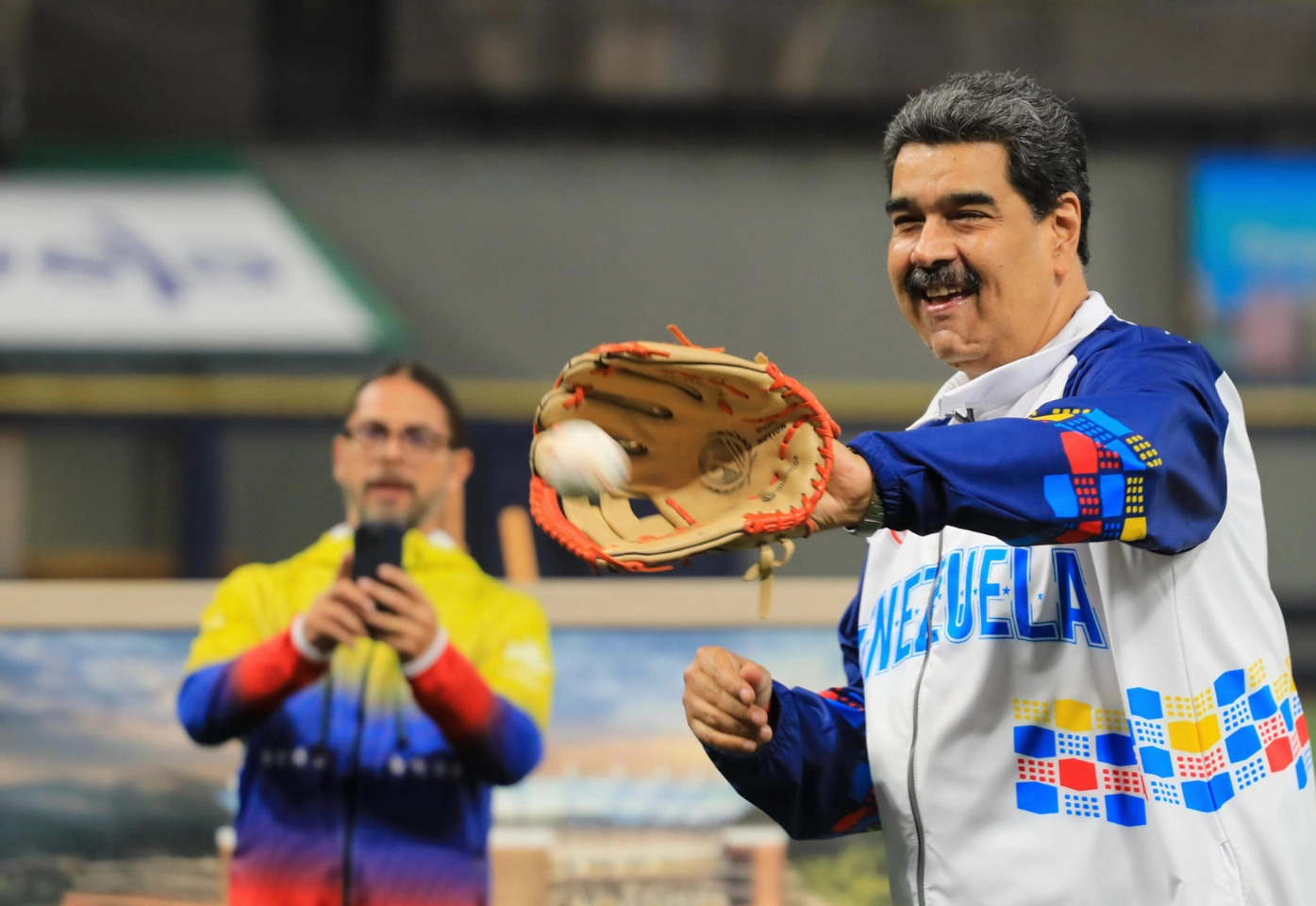Since the emergence of societies as we know them, political leaders have resorted to populism. The subcontinent has seen several charismatic leaders, such as Getúlio Vargas and Joao Goulart in Brazil, Juan Domingo Perón and the Kirchners in Argentina or Lázaro Cárdenas, Adolfo López Mateos or Andrés Manuel López Obrador in Mexico.
At the dawn of democratization in the 1990s, the region witnessed a metamorphosis of leadership and also of democracy. It would be wrong to deny the existence of populism for centuries, it used to be conceived as a way to access power, but now it has become a technique to keep it. This did not happen by spontaneous generation but came about when liberal democracy was transformed into audience democracy.
According to political scientist Bernard Manin, audience democracy is understood as the model in which parties and government agenda are relegated to a second term, but the candidacy running for office acquires relevance due to its political stridency. This phenomenon arises from economic liberalization and media massification, including what Giovanni Sartori called the remote-controlled society in his book “Homo Videns”. In this book, Sartori explains how democracy acquires similarities with television programs.
Latin America has witnessed governments exercising power through populism to maintain approval and support and even to point the finger at political adversaries. Mexico is one of the best examples, a president who holds daily morning conferences to fix public opinion. His supporters dogmatically believe what the executive states in his conference and even in the light of data, reality, or facts, if it is adverse to them, they deny or disqualify it.
Even the opposition to López Obrador’s government is marked by the presidential rhetoric, since throughout the six-year term they have only responded to presidential statements, which has made it difficult for them to build their own discourse. Likewise, the image that the president has created about his opponents makes his sympathizers build the profile or the idea of what a conservative or a posh is, according to López Obrador’s vision.
Another country that has mixed the model of audiences with government populism is El Salvador. The Bukele case is interesting, since he is a young president, with wide approval and who uses social networks and traditional media as loudspeakers of his government. The president publishes on Twitter everything he does and has gone to the extreme of calling for demonstrations through the social network. Thus, in 2020, he managed to get the society to demonstrate outside the National Assembly and press for the approval of his security plan.
In the audience model, the political leader assumes the role of the sender and his followers are the receivers. Although Manin refers to audience democracies, in Latin America I also conceive a new model that, from my point of view, can be called audience autocracies. Autocracy is the deformation of a political regime that is molded to the image and likeness of a leader; these tend not to be democratic and are sustained through populist dyes, in some cases.
I mention this concept because there are countries that have ceased to be democracies if we mention the consistency of the concept and this is reduced to the electoral sphere. Chavista Venezuela (1999-2013) went from a liberal democracy to an autocracy of audiences. At that time, Hugo Chavez bet on radio and television programs; his appearances telling jokes, singing, or exercising were techniques that enchanted his sympathizers and followers.
Chávez was not only the president; he was the singer, the radio host, and the baseball player, but he also became an omnipresent being of Venezuela. This can be identified in his promotional “I no longer belong to myself, Chávez is a people”, in which he personified the people as a whole. After his death in 2013 and the rise of Nicolás Maduro, this technique was continued. The president has become a trend for his sayings, such as his statement about the bird in the shape of Chávez that spoke to him at his events where he dances to all kinds of music, plays baseball, or plays musical instruments.
The objective is to show sympathy and closeness to the people. He does not only need to work in a hermetic office but must show that he is also a being of flesh and blood. Populism seduced a part of the citizenry, but it was also the strategy to endorse the construction of autocracy. Political freedoms were reduced, the state became omnipresent and polarization became part of daily life.
Finally, another country that functions as a hearing autocracy is the Nicaragua of the Ortega-Murillo couple. This case took longer, but since Daniel Ortega’s second term, which began in 2007, there has been a deep production in the television sense of the word. Many remembered the commandant dressed in olive green and big glasses, but when he won another term, he began to dress in civilian clothes and mainly in white to send a message of peace.
Likewise, Orteguismo could not be sustained without the support of the first lady, coordinator of Communication, and now Vice President Rosario Murillo. She has been responsible for building the message, the scenario, and the discourse, not of the Sandinista Revolution, but of the achievements it has brought and the need to maintain it. People who agree with Orteguismo feel part of history and conceive the need to defend their country from any threat.
As we see in some examples, presidents have opted for the model of hearings, which is beneficial for their image and the issues of their interest. There is no need for results in the exercise of power when presidents manage to impose their country’s reality and facts. Although many sectors are attracted to this model, we must not forget that agendas and proposals must play a central role in democratic life.
The problems of nations are solved with coherent measures, techniques, and hard data, not through dances, disqualifications, and social networks. One can sympathize with a character, but democracy and pluralism cannot be reduced to his will or vision.
*Translated by Janaína Ruviaro da Silva from the original in Spanish.












